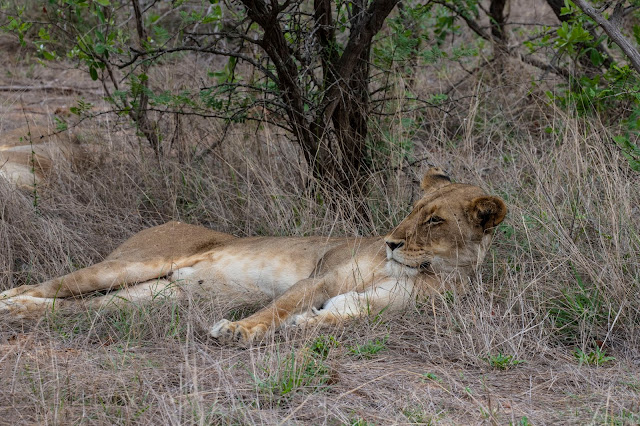Dubai Post 12: The Saudi Arabian Economy/Market
I finally got my visa for Saudi Arabia today which means I
will be heading there next week to meet with clients for the first time. A lot of what I have done in the past week is
researched and become familiar with the Saudi Arabian financial market and economy. Here are some of the major points.
Financial Market
- The only exchange within Saudi Arabia is Tadawul (TASI) which contains 144 public companies. It trades between 11:00AM – 3:30PM on Saturday through Wednesday.
- The TASI is regulated by the Capital Market Authority in Saudi Arabia (Similar to the SEC).
- Most Saudi Arabian financial investors use the TASI as a benchmark if they only invest domestically. If they invest in the GCC (Gulf Corporative Counsel) or other Arab countries, then they might use the S&P Pan Arab Composite or S&P GCC.
- The TASI index currently trades around 7,370 and is up 10.46% over the past year. It hit its peak in early 2006.
- The three biggest companies by market cap are Saudi Basic Industries, Al Raji Bank and Saudi Telecom.
 |
| The flag of Saudi Arabia. |
Economy
- The currency is the Saudi Riyal and for 1 American dollar you can buy about 3.75 riyals.
- It is no surprise to anyone that oil is the key to the Saudi Arabian economy. Saudi possesses 18% of the world’s reserves and it accounts for a little over half of its GDP.
- Saudi most recently saw a GDP increase of 3.8% year over year.
- 90% of the country’s exports is oil and the number one importer of that oil is, you guessed it, the United States. We import 17.2% of Saudi’s exports and on the contrary, their biggest import partner is the U.S. at 12%.
- Currently, inflation is around 5% and unemployment is around 10.9% for the male population.
 |
| A map of Saudi. You can see the flight from Dubai to Riyadh will not take long. |
Politics
- Saudi Arabia is an absolute monarchy ruled by the Al Saud family and they expected to remain in power through 2016. The King is Abdullah Bin Abdel-Aziz and Prince Nayed is his successor.
- Any democratic reform within Saudi Arabia is very unlikely as political parties are illegal.
- The biggest problem the king faces is high unemployment among Saudi youth and vast inequalities of wealth. To combat this, the King had a wave of welfare handouts and increased public sector wages.
- Municipal elections are not popular within Saudi Arabia although if women are granted the right to vote (as of now they are but it has been revoked before), it could increase the popularity of elections.
 |
| The current king of Saudi Arabia, King Abdullah. |
I
will post later about the actual work I will be doing in Saudi Arabia and the cultural
customs that I encounter.


Comments
Post a Comment